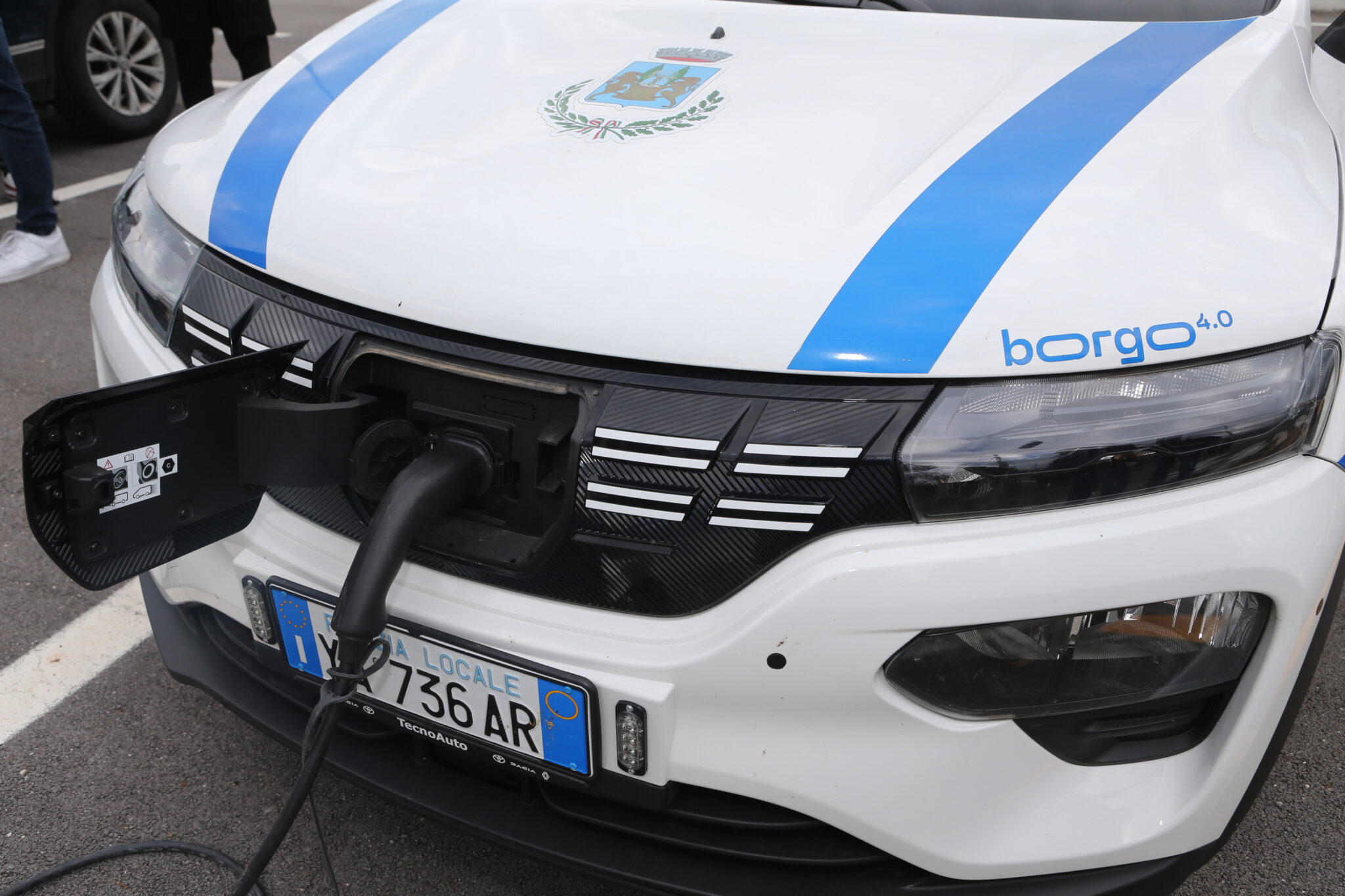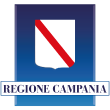The results of the ‘Borgo 4.0’ project financed by the Campania Region with POR FESR 2014-2020 funds were presented.
During two events, one presenting the city of science in Naples and a demonstration in the Irpinia village of Lioni, interested in experimentation for autonomous and connected mobility, it was demonstrated how innovation can accompany a small community towards new forms of mobility.
Borgo 4.0 is a technological platform that involves a public-private partnership formed by 53 companies in the sector, 3 public research centers with the participation of the 5 Campania universities and the CNR, for a total of 200 researchers. The platform has obtained funding from the Campania Region of 46 million euros from the action lines of the ROP Campania ERDF 2014/2020 and the Development and Cohesion Plan of the Campania Region (PSC), to which are added about 27 million euros as private co-financing of partner companies.
During the two days in which they took part, among others, Valeria Fascione (disambiguation), Councillor for Research, Innovation and Start-up, Campania Region Vito Merola, Director-General for Universities, Research and Innovation, Campania Region, Riccardo Villari, Chair of the IDIS-City of Science Foundation, Paolo Scudieri, Chair of ANFIA Automotive, Yuri Gioino, Mayor of Lioni, Giuseppe Aiello, Municipal Police Commander, Lioni Smart Land Project Manager, Giovanni Fabozzi, Coordinator of the Borgo 4.0 Supply Chain Technology Platform, Luigi Ferrigno, coordinator of R&D projects Borgo 4.0 supply chain technological platform, advanced solutions have been illustrated and tested: smart road barriers, adaptive lighting systems, advanced video surveillance, traffic scenario simulations, ultra-fast charging infrastructure and connected and autonomous vehicles. The ‘Lioni Smart City’ and ‘Lioni4Innovation’ applications completed the framework, providing innovative services for citizens and demonstrating the ability to integrate technology and sustainability.
Borgo 4.0, promoted by ANFIA Automotive and supported by a public-private partnership, stands as a unique example of integration between technology, sustainability and territorial development. The infrastructures and systems developed in Lioni not only improve the quality of life of citizens, but offer a replicable model for other realities, placing Campania at the centre of innovation in the field of connected and autonomous mobility.
THE TECHNOLOGIES OF BORGO 4.0
Divided into 16 projects including research infrastructures, research and development projects, model experimentation projects and derived innovation, Borgo 4.0's scientific partners and companies have worked on tangible and intangible infrastructures capable of giving life to the first example in Europe of an integrated technological platform with smart urban and extra-urban roads.
In Lioni have been realized and tested:
- “massive data analysis” and “data fusion” systems to obtain information on the state of the different systems and services supporting citizens and supervisory authorities;
- “Smart” road barriers; and diagnostics of road surface conditions;
- Smart poles with adaptive lighting based on environmental and traffic parameters, providing scenario information;
- Traffic Scenario Simulator with what-if technology to support the decision-making process of supervisory authorities and city administrations;
- video surveillance systems road with sensors for counting and classifying vehicles and detecting environmental conditions;
- Talking road signs with the use of RFID tags encoded and installed near the signals and the areas to be monitored;
- road surface monitoring system: multiparameter sensors for the processing and collection of data that together allow the definition of alert thresholds in support of road safety;
- Ultra-Fast charging infrastructure: Able to significantly reduce the charging time of a vehicle;
- Biomass and photovoltaic power plant for the production of clean energy from renewable sources;
- Control Room: control center for the intelligent management of urban mobility, through the supervision and presentation of data and information on the state of systems and services.
Cross-cutting technologies have been developed within the platform:
- Innovative systems for self-driving cars: advanced perception and location technologies for the recognition of traffic scenarios that allow autonomous vehicles to identify and interpret different road situations in real time;
- Modular platform for innovative vehicles: modular platforms with hydrogen and electric traction;
- V2X-Vehicle to Everything dialog systems: ultra-technological systems installed in-vehicle for constant dialogue with road infrastructure and installed on smart poles capable of signalling to the driver the conditions occurring in the urban environment;
- Development of a Middleware based on Kubernetes technology in the Edge Cloud and Google Kubernetes Engine on Central Cloud.
- Driving simulators: software for driving simulation, through virtual demonstrators and sensors able to control driving behaviors, scenarios on the road and traffic.In the track in Lioni were also tested electric vehicles Duchy e Minibus, respectively for optimising the functioning of the battery pack of modern commercial vehicles and verifying the performance of electric traction, battery autonomy and simulation of bus services.




